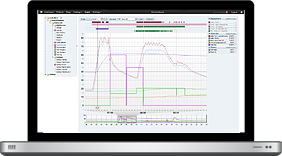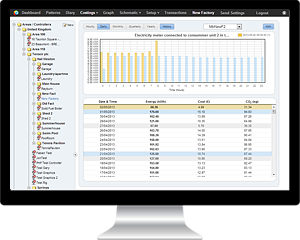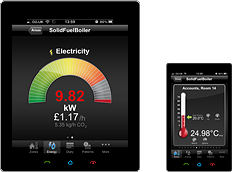Energy bills still rising despite significant fall in wholesale energy prices
The UK’s select “Big Six” energy suppliers have no intention to cut bills despite a dramatic drop in wholesale gas and electricity prices over the past year, a news report in the mainstream media has recently revealed.
It is currently estimated that, since last December, the wholesale price of gas has fallen from 72p a therm to under 42p, while the wholesale price of electricity dropped by 23% over the previous 12 months.
Earlier this year, in June, Ofgem wrote to the “big six” asking them to explain this, while also pointing out that forward prices were around 16% and 9% lower for next winter, due to healthy gas imports and unseasonably warm weather over the past six months.
The energy market regulator also argued that concerns on the fact that savings weren’t being passed on was one of the reasons it has proposed a referral of the energy market to the Competition and Markets Authority for investigation.
Energy UK, which represents the big providers, says that “end consumer prices may not always reflect changes in wholesale market prices as companies buy electricity and gas, weeks, months and sometimes years, in advance as well as on the day-ahead market.
“This means electricity we are using today was probably purchased by the energy company months previously when the price was different. This helps protect customers from short-term fluctuations in price.“As a result, changes in customer prices will often reflect long-term trends, not short-term ones.”
The energy supplier’s stance on the topic of energy efficiency proves once more that being proactive and taking active measures to start reducing energy consumption is likely the best approach to energy and money saving.
The first step towards energy efficiency is represented by the implementation of an advanced system that’s fully capable of monitoring energy usage across multiple facilities and controlling energy expenditure.
Building Energy Management Systems are capable of delivering extensive monitoring and control options, compared to basic controls. They typically employ data from a variety of sources (boiler flow and return sensors, internal and external temperature sensors, occupancy sensors, humidity sensors, etc.), and enable the perfect optimization of a building’s boiler-based central heating system.
If you’d like to find out more about the savings enabled by the HeatingSave Building Energy Management System, just contact our dedicated product team, they’ll be more than happy to answer all of your questions and queries.






